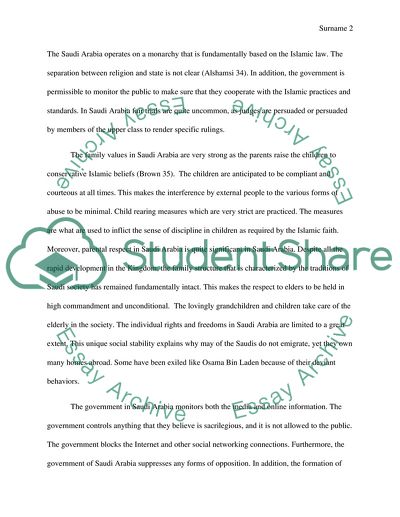Cite this document
(Public Speaking in Saudi Arabia Research Paper Example | Topics and Well Written Essays - 1250 words, n.d.)
Public Speaking in Saudi Arabia Research Paper Example | Topics and Well Written Essays - 1250 words. Retrieved from https://studentshare.org/culture/1773506-public-speaking-in-saudi-arabia
Public Speaking in Saudi Arabia Research Paper Example | Topics and Well Written Essays - 1250 words. Retrieved from https://studentshare.org/culture/1773506-public-speaking-in-saudi-arabia
(Public Speaking in Saudi Arabia Research Paper Example | Topics and Well Written Essays - 1250 Words)
Public Speaking in Saudi Arabia Research Paper Example | Topics and Well Written Essays - 1250 Words. https://studentshare.org/culture/1773506-public-speaking-in-saudi-arabia.
Public Speaking in Saudi Arabia Research Paper Example | Topics and Well Written Essays - 1250 Words. https://studentshare.org/culture/1773506-public-speaking-in-saudi-arabia.
“Public Speaking in Saudi Arabia Research Paper Example | Topics and Well Written Essays - 1250 Words”, n.d. https://studentshare.org/culture/1773506-public-speaking-in-saudi-arabia.


